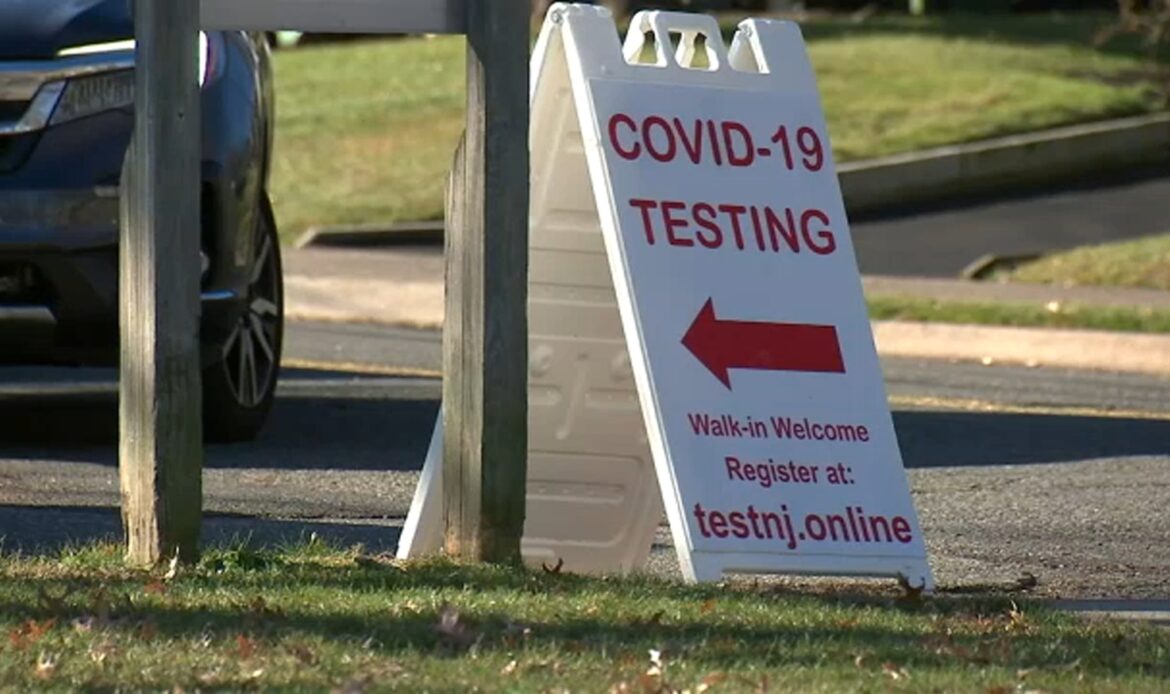
New Jersey on Wednesday reported another 9,711 confirmed COVID-19 cases, shattering the record for the most positive tests the state has announced in any single day during the 22-month-old pandemic.
The state also reported another 28 confirmed deaths.
The number caused New Jersey’s seven-day average for new confirmed positive tests to leap to 6,925, up 79% from a week ago and 315% from a month ago as a new winter surge and the rise of the omicron variant continues to explode across the country just before Christmas and New Year’s.
Wednesday marks a full week in which the state has reported more than 6,000 new positive tests a day. By comparison, New Jersey had only six individual, not consecutive, days of more than 6,000 cases last winter, when vaccine rollout was still in its early stages.
But there are some caveats. It’s possible the state had similar or even stretches during the early days of the pandemic from March to May 2020, when testing a lack of testing meant the extent of the outbreak was likely undercounted. The highest day in that span was 4,427 on April 23, 2020.
It’s also not known if the 9,711 cases announced Wednesday were over a 24-hour period. Some may have been from prior tests just now confirmed by the state.
In addition, the spike in cases comes as more people are being tested as the holidays approach and amid fears over the omicron variant.
But it’s not just that more testing is leading to an increase in positive tests. The statewide positivity rate for tests administered Friday, the most recent day available, was 13.78%.
That number is nowhere near the positivity rates between 60 and 50% the state saw at the beginning of the pandemic. But the rate has been trending upward since the first week in November, when positivity was between 2.93% and 5.84%.
The hopeful note is that while hospitalizations are once again rising in the state, they are not increasing at the level they did during last winter. Officials say that’s because while vaccinated people can still catch the virus, it’s less likely they will develop severe infections.

